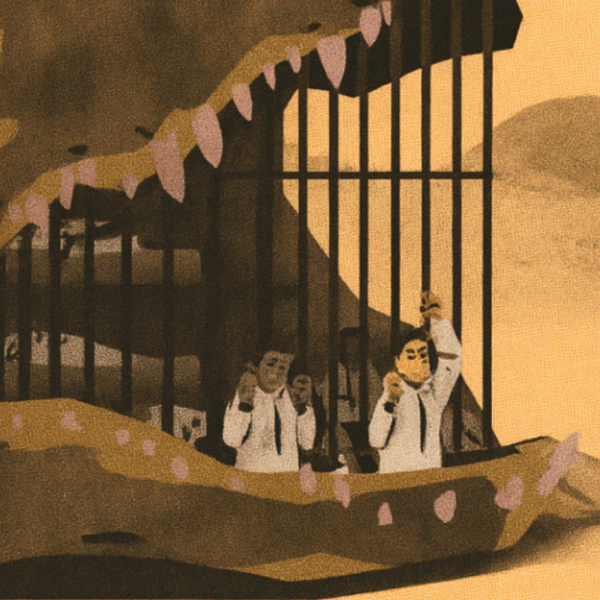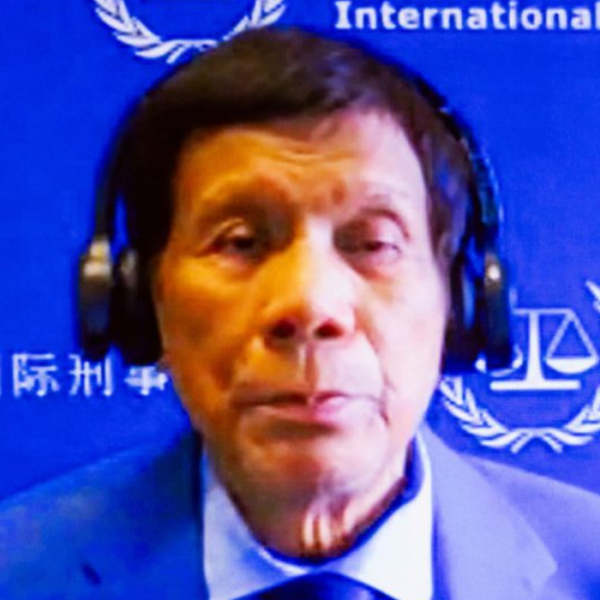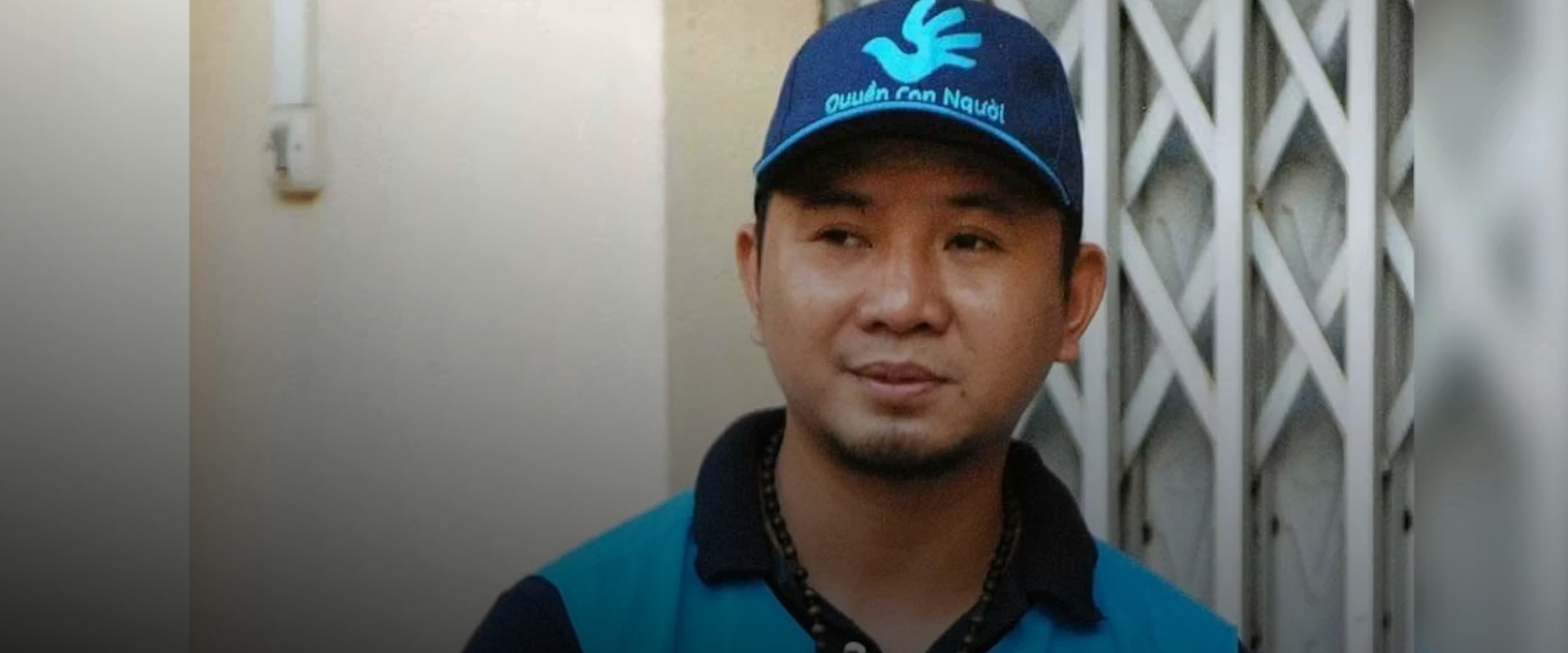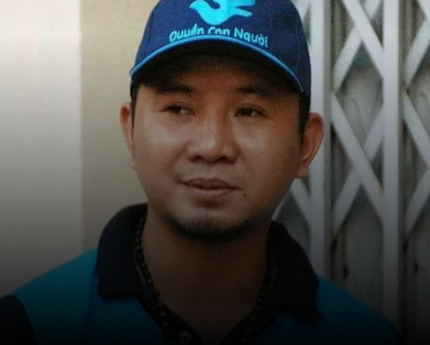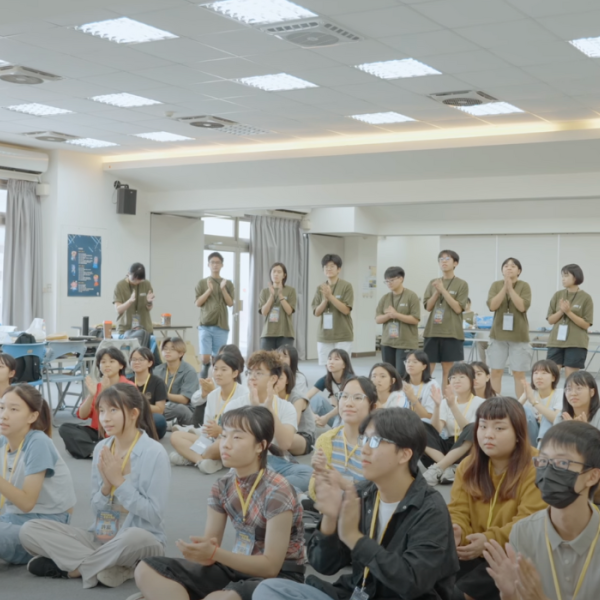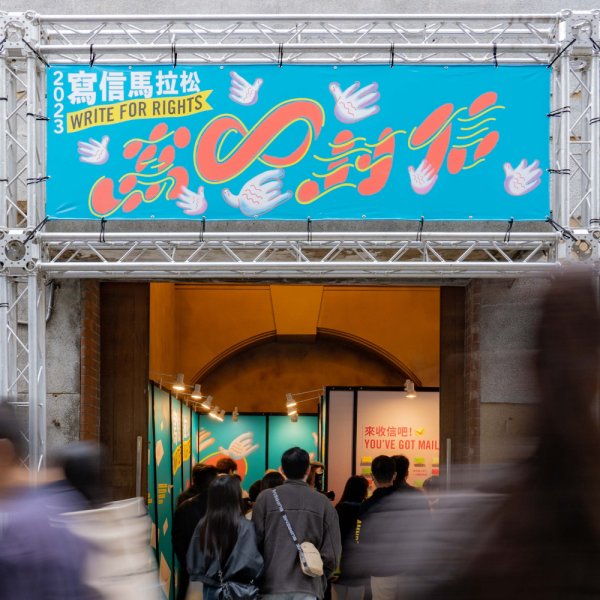受暴婦女 正義難伸
國際特赦組織新聞稿|2010年3月8日
國際特赦組織(AI)在今天發表的兩份區域性調查報告中指出,由於性別歧視以及對性犯罪被害人的固有偏見,造成世界各地遭受強暴或性暴力的被害人常無法為自己伸張正義。
為了紀念國際婦女節,國際特赦組織今天發表兩份關於性暴力的調查報告,內容涵蓋已開發國家和開發中國家,包括柬埔寨和丹麥、芬蘭、挪威及瑞典等北歐各國。
國際特赦組織國際法律與政策部資深主任維尼.布朗(Widney Brown)表示:「不分窮國與富國,遭受性侵或虐待的女性,很少有機會看見性侵者受到法律制裁。令人訝異的是,即使身處21世紀,已經制定了這麼多旨在保障女性獲得平等待遇的法規,但實際上,幾乎所有的政府仍然無法保護女性不受侵犯,或無法將性侵者繩之以法。」
國際特赦組織的報告中顯示,性侵及家暴的被害人在尋求司法正義時,往往面臨重重難關。其中包括警察、醫療及司法人員以不當的、負面的、甚至輕蔑的態度對待被害人。由於受到有關當局的普遍漠視,導致許多受害女性自慚形穢,反過來責怪自己,根本不敢向警方報案。
即使在某些案件,受害女性鼓起勇氣報警,卻往往得不到應有的賠償與正義。這兩份報告指出,在所有案件中,強暴案件是報案後得到起訴的比例最低的。
維尼.布朗表示:「除非性暴力牽涉到肢體暴力,否則根本不會得到認真看待。假使受害婦女的身體沒有遭到嚴重傷害,她常會蒙受污名,甚至要為加諸在自己身上的罪行負責,反觀強暴者卻常常只受到輕微的、甚至根本不受任何社會譴責或法律制裁。」
儘管兩份報告所研究的國家各有不同的法律體系,國際特赦組織卻發現,其中都存在著漏洞或矛盾,使得婦女難以透過司法途徑為自身所遭受的犯行爭取正義。
舉例來說,北歐國家對於強暴行為的嚴重性,是以是否使用或威脅使用暴力,而非是否違反婦女的性行為自主權作為標準。在針對北歐國家的調查報告《本案終結(Case Closed)》中,紀錄了在芬蘭發生的一個案件,當中的施暴男性強迫一名女性在停車場的殘障專用廁所性交,將她的頭抵在牆上,又將被害人雙手反扣在背後。但檢察官認為,他使用暴力的程度很輕微,因此不構成強暴罪。後來這名被告僅以強制性交罪被判處七個月有期徒刑,並可緩刑。
相較之下,拒絕服兵役義務,包括非軍事的替代役勤務,在芬蘭可以被判處至少六個月的有期徒刑。
柬埔寨的婦女也無法信任其司法系統。完成警方報案程序所需的費用,就足以讓婦女卻步。被害人通常需要送紅包,警方才會展開調查。調查期間,警方還常會要求被害人支付辦案期間的醫療、交通及電話費用。
針對柬埔寨的調查報告《打破沉默(Breaking the Silence)》,還記錄了如何透過法庭外的協商,以金錢「解決問題」。通常,警方扮演被害人與加害人家庭之間的仲裁者,促使雙方達成協議,以一筆費用交換被害人撤銷告訴。居間協調的警方則可分到一部分和解金。
維尼.布朗表示:「有太多女性在司法系統體驗到的是,比原先所遭受的暴力、凌虐更深一層的二度傷害。每當司法無法發揮功能,而使加害者逍遙法外,都讓我們見證到,這些國家的政府對於性暴力被害人的苦難漠不關心。」
針對女性的暴力,至今還是性別平權最普遍、明顯的障礙。國際特赦組織呼籲各國政府加強預防、調查和處罰暴力行為。最重要的是,必須確保受暴婦女能透過司法伸張正義並取得有效的救濟,以彌補她們所受到的傷害。
國際特赦組織同時呼籲聯合國設立一個穩定有力的女權機構,以確保全世界女性都能真正享有屬於自己的權利。國際特赦組織也是全球非政府組織「性別平等結構改革運動(Gender Equality Architecture Reform, GEAR)」的一員,我們共同呼籲各國政府與聯合國,確保新成立的聯合國女權機構得到足夠的資源、人力及權威,為全世界女性的生活帶來真正的改變。
國際特赦組織敦促所有各國政府,均應充分確認其尊重婦女人權的承諾。這些承諾不僅銘載於各項人權條約,也已列入《北京宣言暨行動綱領(Beijing Declaration and Platform for Action)》所設定的議程,旨在為所有女性促進平等、發展與和平之目標。
延伸閱讀:
北歐調查報告|Case Closed: Rape and Human Rights in the Nordic Countries
柬埔寨調查報告|Breaking the Silence: Sexual Violence in Cambodia
全球運動|阻止暴力對待婦女
[ENGLISH]
AMNESTY INTERNATIONAL
PRESS RELEASE
March 8 2010
Rape victims worldwide denied justice and dignity
Victims of rape and sexual violence worldwide are denied access to justice due to gender discrimination and assumptions about the sexual behaviour of victims of rape, Amnesty International said in two regional reports released today.
To mark International Women’s Day, Amnesty International released two reports looking at sexual violence in locations across the developed and developing world; specifically Cambodia and the Nordic Countries of Denmark, Finland, Norway and Sweden.
“In poor and rich countries alike, women who are raped or abused have little chance of seeing their attackers brought to justice,” said Widney Brown, Senior Director of International Law and Policy at Amnesty International. “It is shocking that in the 21st century with so much legislation designed to ensure women’s equality, that virtually every government fails to protect women or to ensure that their abusers are held to account for their crimes.”
Amnesty International’s reports show that victims of sexual abuse and domestic violence seeking justice face many obstacles. These include inadequate, negative or dismissive responses by police, medical and judicial personnel. Given the pervasive indifference of authorities, many women feel ashamed or blame themselves and don’t even try to report these crimes to the police.
In instances where women do go to the police, their claims for reparation and justice are rarely met. The two reports found that prosecution rates for rape are among the lowest for any offence.
“Unless the sexual violence is also accompanied by physical violence, it is simply not taken seriously,” said Widney Brown. “A woman who survives the rape without significant physical injury is often stigmatised or held responsible for a crime committed against her while the rapist often faces limited, if any, social or legal sanction.”
Though the legal systems examined in the reports vary greatly, Amnesty International found that all contain gaps and discrepancies which discourage women and girls from seeking justice for crimes committed against them.
In Nordic countries, for example, the use of violence or threats of violence determine the seriousness of rape rather than the violation of a woman’s sexual autonomy. The report Case Closed, documents one case in Finland where a man forced a woman to have sexual intercourse in the disabled toilet of a car park by banging her head against the wall and twisting her arm behind her back. In the prosecutor’s opinion, this was not rape as the violence used was of slight degree. The man was convicted of coercion into sexual intercourse and sentenced to a conditional (suspended) seven-month prison term.
By comparison, refusal to undertake compulsory military service, including civilian service, in Finland is punishable with a prison sentence of at least six months.
In Cambodia, women do not trust the justice system. Costs associated with police processes deter women from pursuing a case. Victims are often asked to pay a bribe before police will start an investigation. Money is also usually required for medical expenses, transport and phone credit costs for police during the investigation.
Breaking the Silence also documents how extra-judicial payments were negotiated as a ‘solution’. Typically police officers act as an arbiter between the families of the victim and perpetrator to secure a financial settlement on the condition that the victim withdraws the criminal complaint. The mediator receives part of this settlement.
“For too many women, their experience of the justice system exacerbates the initial act of violence and abuse,” said Widney Brown. “Every perpetrator that goes unpunished as a result of these failures is a signal that the authorities are indifferent to the plight of the victims of sexual violence.”
Violence against women remains one of the most pervasive and significant barriers to gender equality. Amnesty International calls on governments to exercise due diligence to prevent, investigate and punish acts of violence. Central to this is ensuring women subjected to violence can access justice and an effective remedy for the harm they have suffered.
Amnesty International is also calling for the creation of a consolidated and strong UN women’s entity, to ensure that women and girls around the world enjoy their rights in practice. Amnesty International is part of the global NGO campaign on the Gender Equality Architecture Reform (GEAR) calling on governments and the UN system to ensure that the new UN agency for women is given the resources, personnel and authority it needs to make a real difference to women's lives around the world.
Amnesty International urges all governments to fully reaffirm their commitment to respect women’s human rights as articulated in numerous human rights treaties as well as in the Beijing Declaration and Platform for Action, an agenda to advance the goals of equality, development and peace for all women.
更多影音
- 全球
酷刑工具是如何被警方用來針對示威者?
- 全球
阿姆內斯提青春大舞台 2024高中生人權營
失去眼睛的警察暴力倖存者萊迪述說她的遭遇
- 全球
